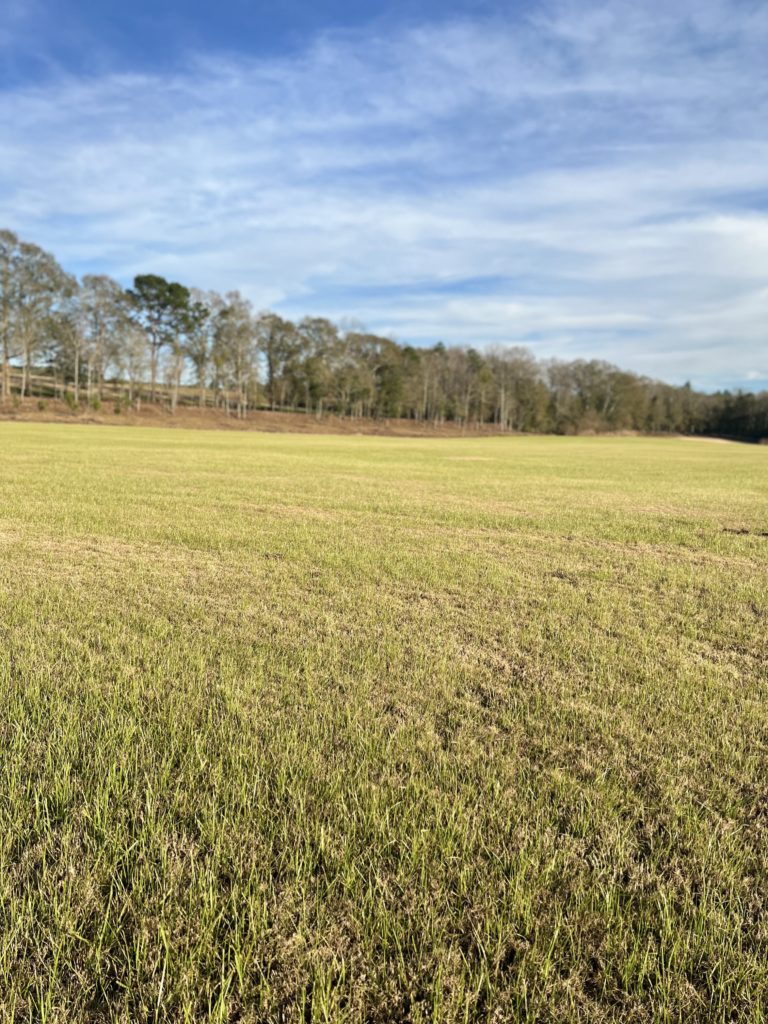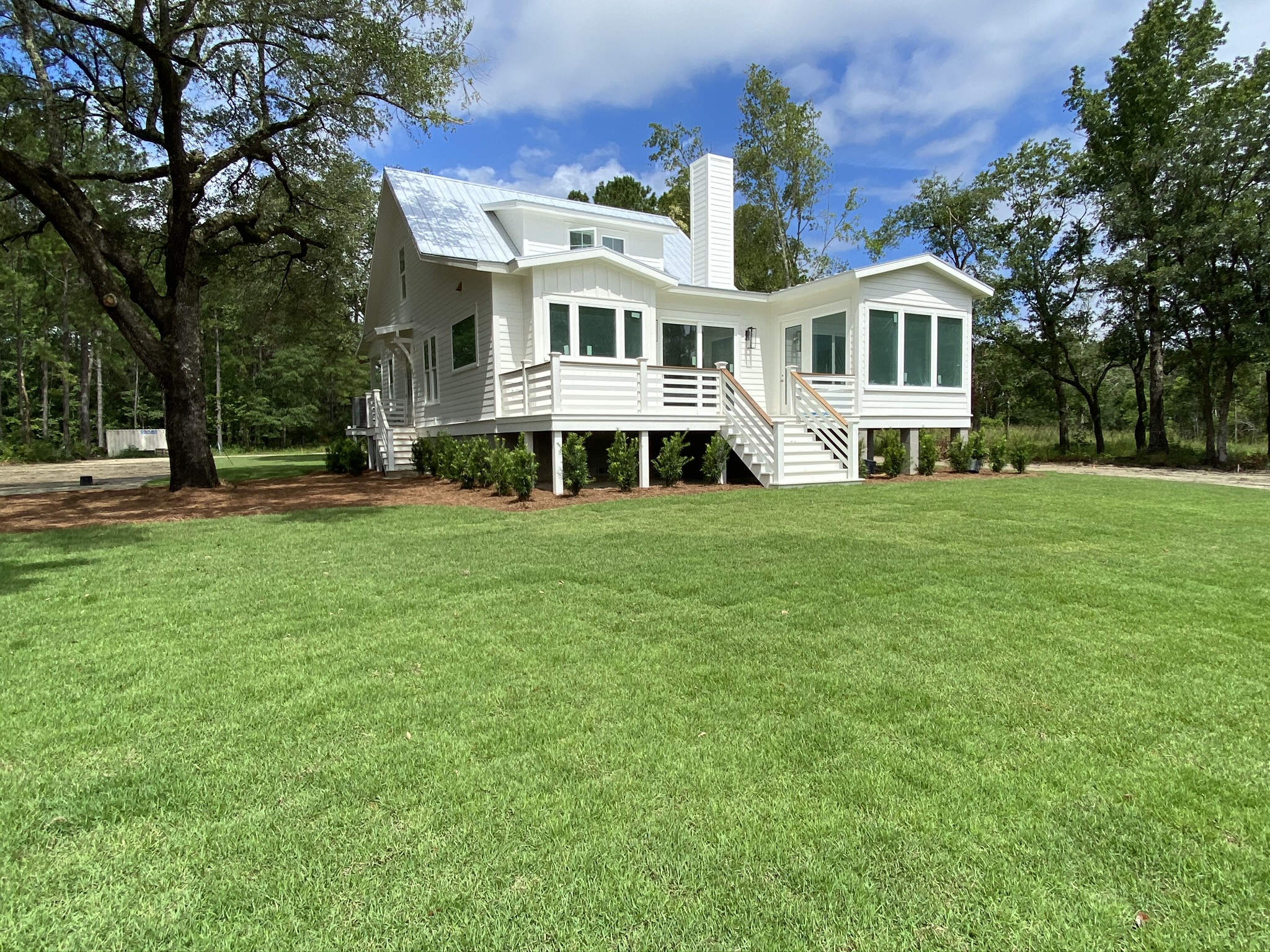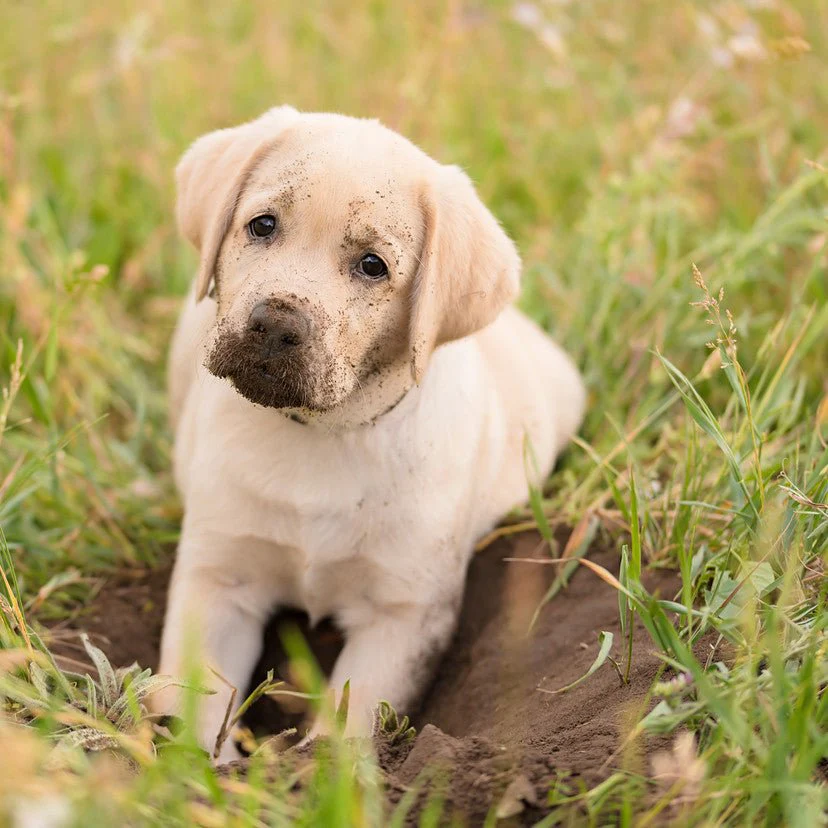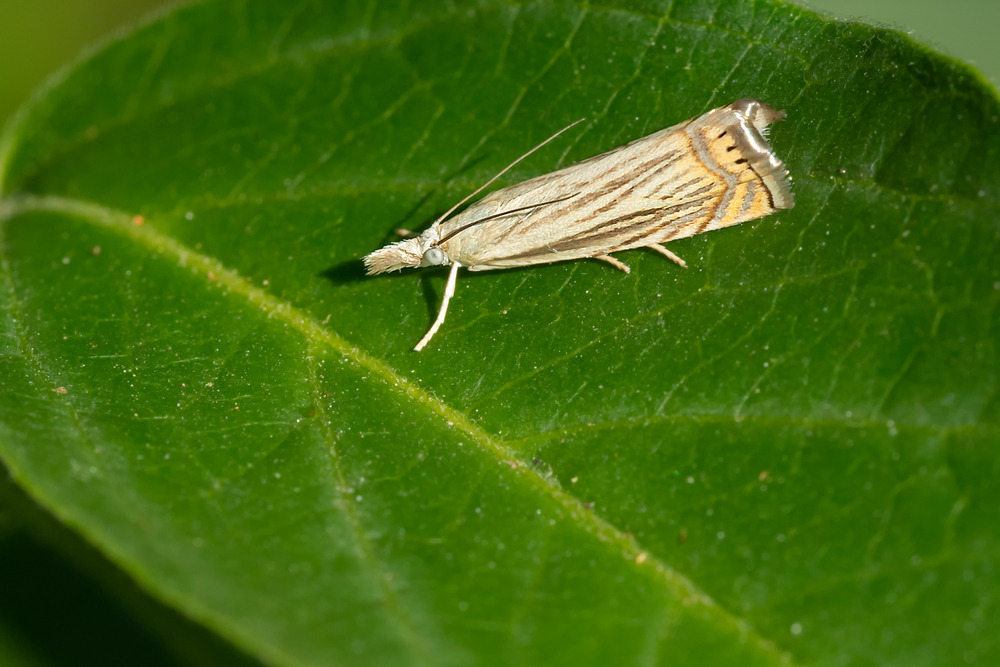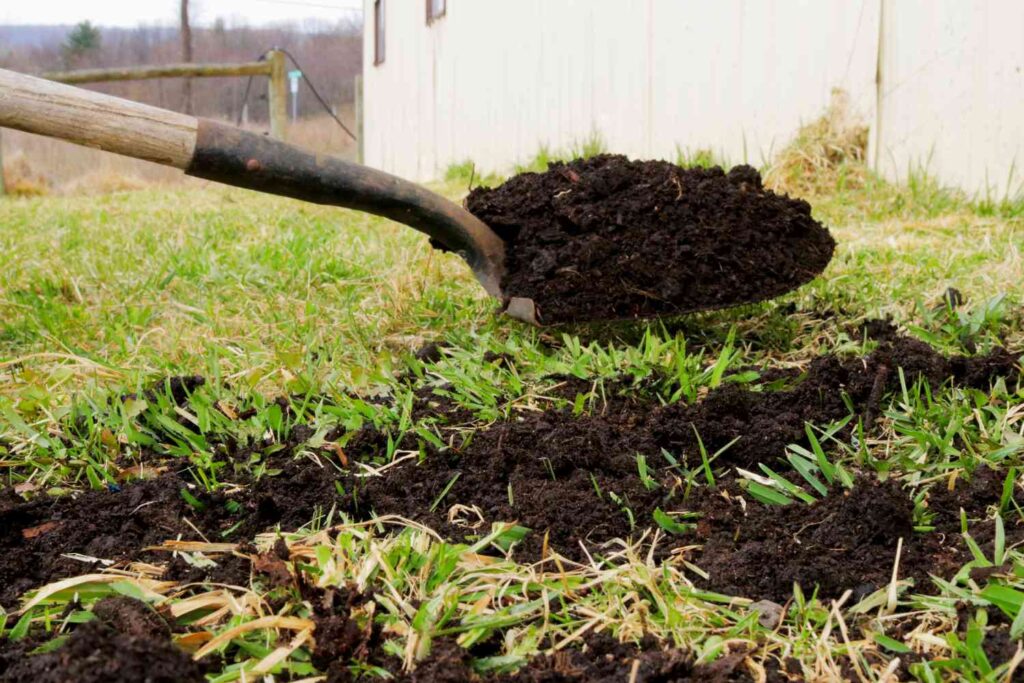One of the most popular types of grass, bermuda grass is arguably the best combination of beauty, low maintenance, and durability. Learning all about Bermuda grass sod will help you make the best-informed decision about whether it is right for your lawn.
What is Bermuda Grass?
Common bermuda grass is a light-green, coarse-leaf texture grass that has been bred over the years to become stronger, denser, and finer in leaf texture. The grass itself has been designed to be strong and durable where it can grow in most areas of the country.
It is interesting to note that the grass is not native to Bermuda. But it is an invasive grass species that grows abundantly on the islands which have now originated its name. The grass itself comes mostly from the eastern hemisphere, but it is now found around most of the world due to its fast reproduction and durable nature.
3 Benefits of Bermuda Grass
- Toughness- Arguably its greatest strength is its overall toughness. Bermuda grass offers strong, all-around durability, especially in warmer conditions. The heat tolerance of the grass is quite noticeable as it can withstand high temperatures for extended periods. However, long periods of extreme temperatures will even affect bermuda grass.
- Recuperates Rapidly- Bermuda grass is not only strong it can recover faster than many other types of grass. This means that if it is damaged, it can recover quickly thanks in large part to its fast replacement rate. While this means that new bermuda grass will grow to take the place of existing, damaged grass, the result is the same when your lawn has been compromised.
- High Resistance to Disease- In addition to being tough and resilient to the elements and foot traffic, bermuda grass also has a strong resistance to many common diseases that affect the lawn. While bermuda grass is not impervious to all diseases, it is a rare condition that will affect its leaves and roots. Proper care and a watchful eye will help keep your bermuda grass disease-free.
Frequent Mowing
As with any fast-growing grass, you will need to mow bermuda grass frequently to keep it at the desired height. This means setting a schedule and mowing when the grass grows above the level that you set. For most lawns, a height of one to two inches is best. For the long, hot summer days you can let it grow a little higher to help protect the soil from the intense heat. Otherwise, expect to mow the bermuda grass frequently over the growing season.
Tolerance to Shade
While bermuda grass is quite healthy under sunshine, its shade tolerance is not quite as strong compared to some other types of grasses. This means that if a significant part of your lawn has trees that generate shade, then the bermuda grass may not be the best choice.

